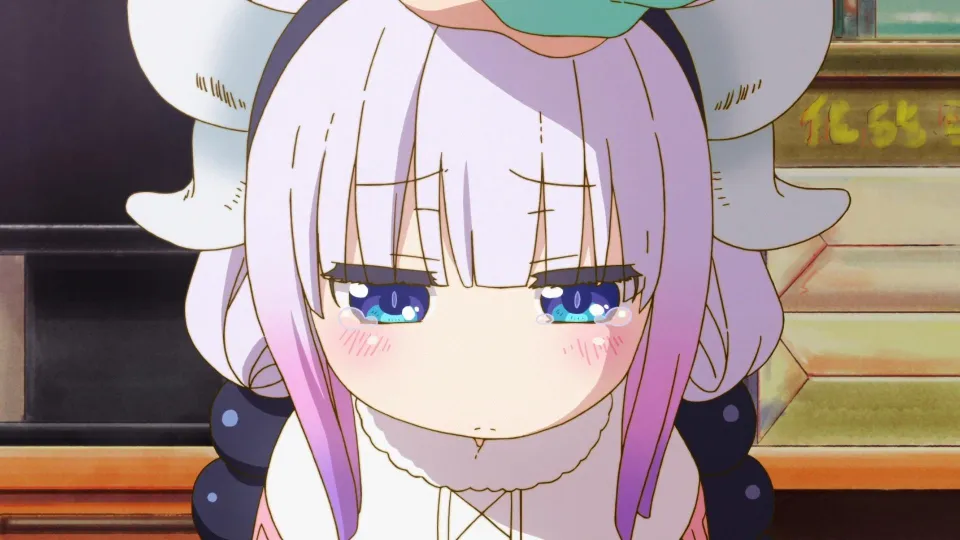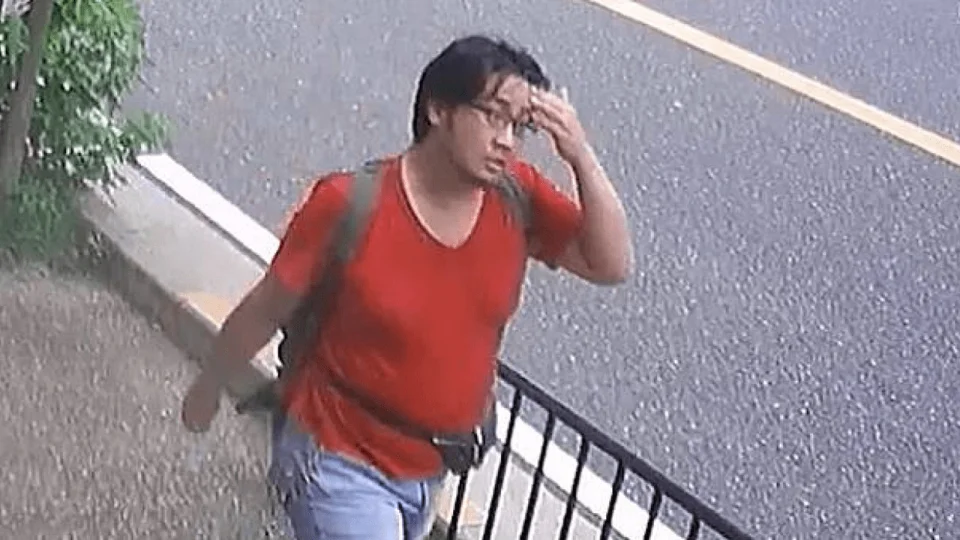Kyoto Animation's attacker doesn't want to die

The case of the tragic fire at Kyoto Animation, which claimed the lives of 36 people and left 32 with serious injuries, returns to court as the defense of Shinji Aoba, the man responsible for the attack, appeals his death sentence. Aoba, 46, was convicted in January 2024 by a Kyoto court, where it was determined that he had full capacity to distinguish between right and wrong at the time of the crime, which allowed him to be sentenced to death. However, the defense has now presented new arguments in the Osaka Court of Appeal, challenging this conclusion.
The attack, which occurred on July 18, 2019, was one of the most devastating incidents in Japan in decades. Aoba broke into Kyoto Animation's first studio, sprayed gasoline on employees and started a fire that completely destroyed the building. Aoba reportedly acted out of a mistaken belief that the studio had plagiarized one of his works.

Arguments of the defense on appeal
In the new phase of the judicial process, Aoba's defense argues that there were errors in the evaluation of the defendant's mental state in the previous trial. While they do not dispute the results of the psychiatric evaluations conducted, they maintain that the trial court did not properly interpret the findings. During the first trial, Aoba was diagnosed with delusional disorder, and his defense alleged that he was in a state of innocence or with severely impaired mental capacities at the time of the crime. However, the court concluded that although his motivation was influenced by his delusions, he had the ability to control his actions and avoid committing the crime.
Now, the defense lawyers have presented a new medical report prepared by a specialist other than the one who carried out the initial evaluation, with the aim of discrediting the court's interpretation. In addition, they will continue to argue that the death penalty by hanging is an inhumane and unconstitutional punishment, something they had already defended in the previous trial.
The key point: Aoba's criminal liability
The main challenge in this appeal will be whether the court accepts that Aoba did not have full criminal responsibility due to his mental state. The Kyoto court had already dismissed this defense, concluding that the use of gasoline and the planning of the attack were not significantly influenced by his delusional disorder. If the Osaka Court of Appeal finds flaws in this interpretation, it is possible that the death sentence will be overturned or modified.
It is difficult to predict the final outcome, but historically in Japan, appeals seeking to avoid the death penalty in cases of mass crimes are rarely successful. Although the Japanese legal system allows for appeals of both verdict and sentence, the scale of Aoba's crimes and the fact that his attack was premeditated seriously complicate his defense. Filing new medical reports could help your case, but it does not guarantee a change in the verdict. In addition, Japanese society has shown strong indignation over the attack on Kyoto Animation, which could also influence the final decision.
The appeal process will continue in the coming weeks, when it will be determined whether the court accepts the new arguments presented by the defense and whether Aoba will be able to avoid the maximum penalty. However, given the gravity of his acts, it seems unlikely that he will be able to escape the death sentence.
Source: Livedoor News

